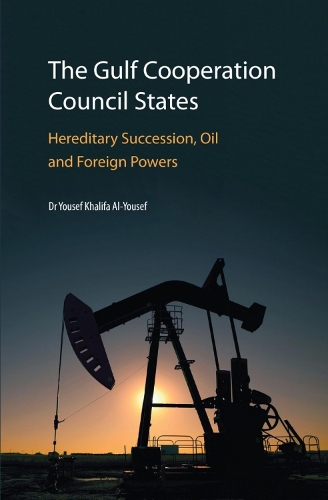
The Gulf Cooperation Council States: Hereditary Succession, Oil and Foreign Powers 2017
(Hardback)
Publishing Details
The Gulf Cooperation Council States: Hereditary Succession, Oil and Foreign Powers 2017
By (Author) Yousef Khalifa Al-Yousef
Saqi Books
Saqi Books
30th May 2017
United Kingdom
Classifications
General
Non Fiction
International relations
Political economy
Development economics and emerging economies
320.956
Physical Properties
Hardback
413
Width 156mm, Height 234mm, Spine 32mm
718g
Description
Since the oil boom of the 1970s, the Gulf Cooperation Council States have attempted to achieve economic stability and realise their development goals. Such efforts have so far been in vain, however, as these states' autocratic governments have closed off their political systems with the support of international allies, especially the United States. In this timely and exhaustive analysis of the political economies of the GCC since the 1970s to the present, Yousef Khalifa Al-Yousef examines the factors responsible for the failure of the states to achieve lasting change in development and security. Focusing on institutional structures where oil wealth has been confined to the few, and the consequences of failed legitimacy at home that has led to dependence on foreign powers, Al-Yousef charts the consistent disparities between governance and the needs of the local population, to the detriment of genuine development.Al-Yousef concludes that the only way to ensure stability and growth in the region is to dismantle the alliance of autocracy, oil and foreign powers. Instead, democracy and reform are key to ensuring stability in the region.
Author Bio
Dr Yousef Khalifa Al-Yousef is an eminent political scientist specialising in the international economics of the Gulf States. He was a professor at the United Arab Emirates University between 1989 and 2007, and is currently director of Darussalam.ae website. He earned his DPhil at Essex University, UK, and his MAs in Applied Economics and in Near Eastern and North African Studies from the University of Michigan, US. The author of numerous papers and books on the political economy of the GCC States, this is his first thesis to be available in English.
